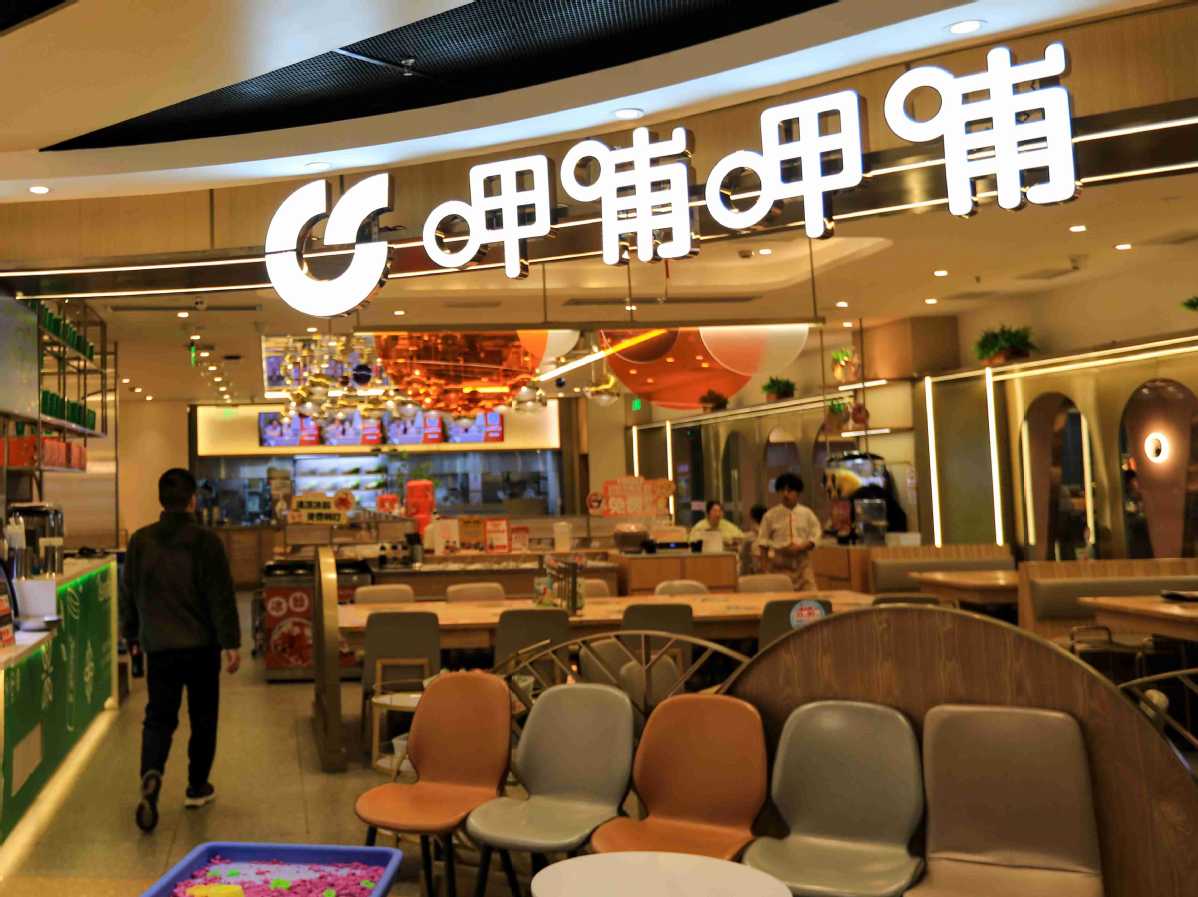First-store economy going full throttle
Debut outlets have become significant channels for generating substantial foot traffic, empowering commercial complexes


The flourishing first-store economy has also attracted more international brands to accelerate their entry into the Chinese market.
In the past year alone, companies such as US running shoe brand Brooks, Spanish children's clothing label Bobo Choses, Japanese eyewear entity Hakusan Megane, South Korean fashion house Raive and Canadian cycling gear maker 7mesh have all opened their first stores in China, further demonstrating the immense potential of the domestic consumer market.
"We have conducted extensive consumer research in China, including studies specifically focusing on local runners, which allowed us to better understand how to enter the Chinese market," said Justin Dempsey-Chiam, general manager of Brooks' Asia-Pacific and Latin America markets, in a previous interview.
As a result, Brooks chose Shanghai's Pudong New Area for its first store, located in a commercial complex near a park, to better engage with the Chinese running community and facilitate interaction between runners and running gear, the executive said.
To further tap this new economy, fostering the first-store economy was highlighted as a key priority at the annual Central Economic Work Conference in December, followed by retail industry innovation and upgrade of an implementation plan issued by the Ministry of Commerce along with six other departments, which explicitly calls for the promotion of the first-store economy and outlines strategies for first stores, first exhibitions, and new product launches.
With strong policy backing, the first-store economy is expected to bolster brand value along with regional development, promote multi-industry integration, and create new economic growth points for cities, said Zeng Fu'e, a professor at Wuhan University's economics and management school.
Following the central guideline, local governments have also introduced pragmatic measures to support the first-store economy.
To date, Beijing has streamlined services related to location selection, registration, and trademark protection for new stores. Shanghai has introduced a one-time incentive of 1 million yuan for first stores of Asian-level or higher. Chengdu in Sichuan province plans to attract 130 high-level first stores by 2025 and host more than 100 events related to first shows and exhibitions.
In order to further develop the first-store economy, there is a need to foster a diverse range of entities engaging in this model, said Chen Lifen, a researcher at the Development Research Center of the State Council.
Large enterprises should increase investments in research and development, while the growth of small and medium-sized enterprises should be supported, Chen said.
Expanding market opportunities, strengthening intellectual property protection, and encouraging innovation in business models and product development are also crucial for enabling a more vibrant first-store economy, Chen added.




































